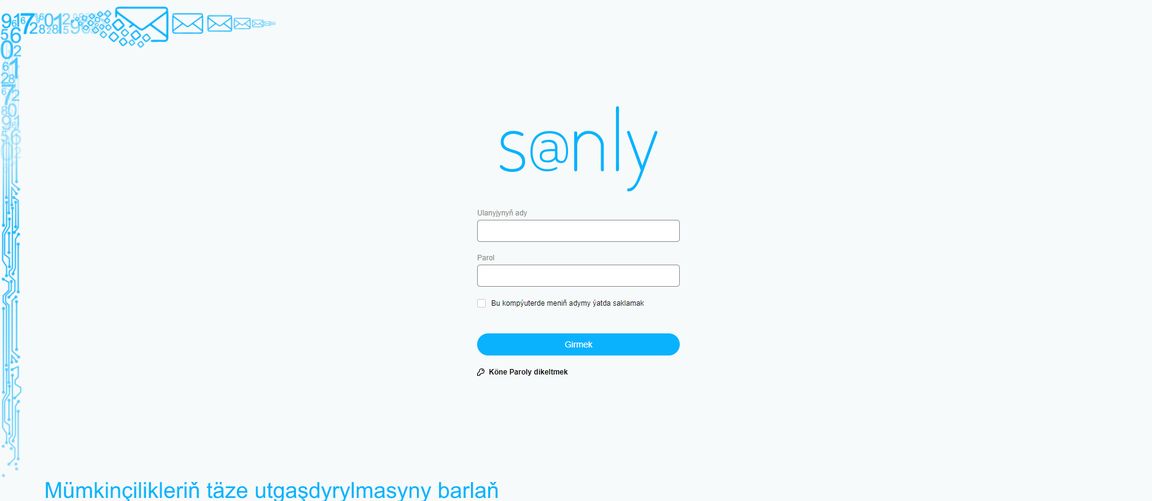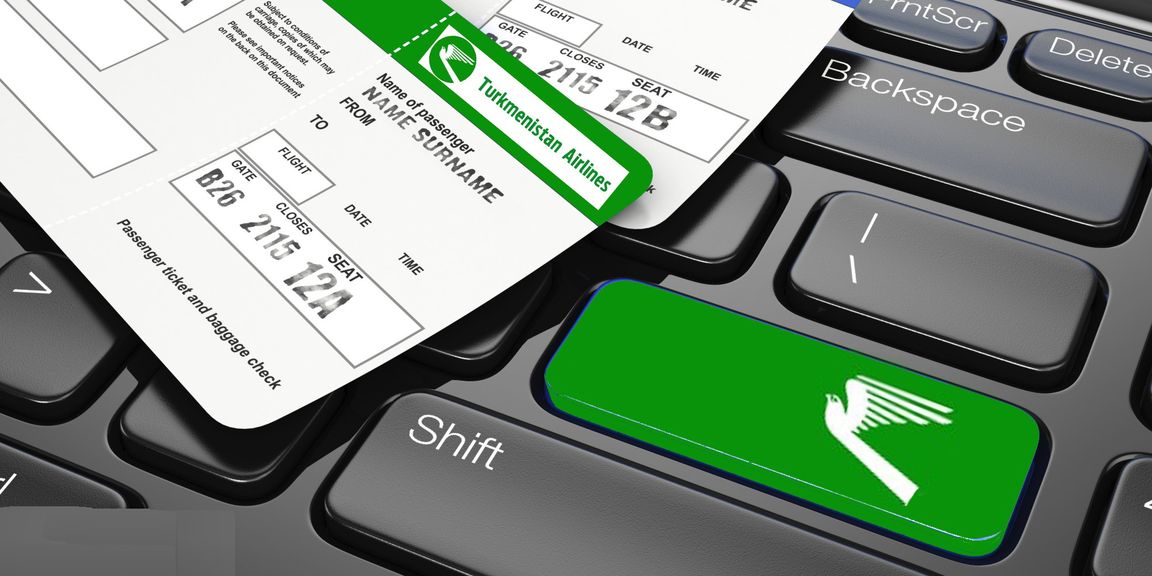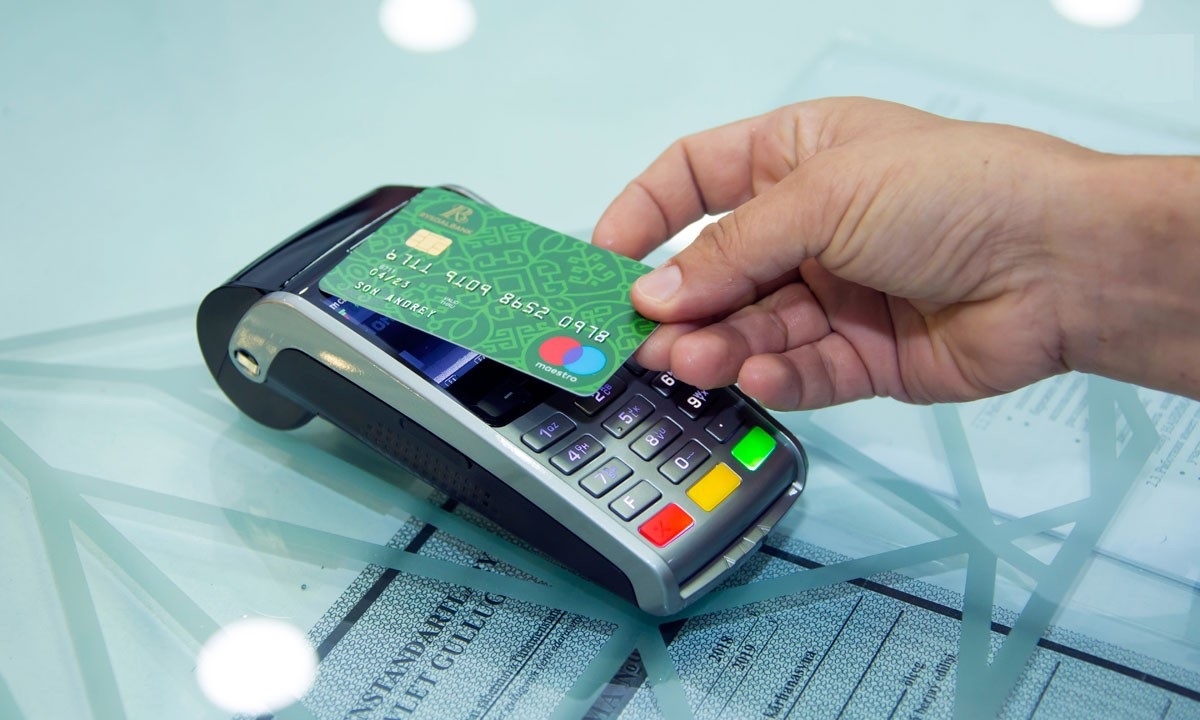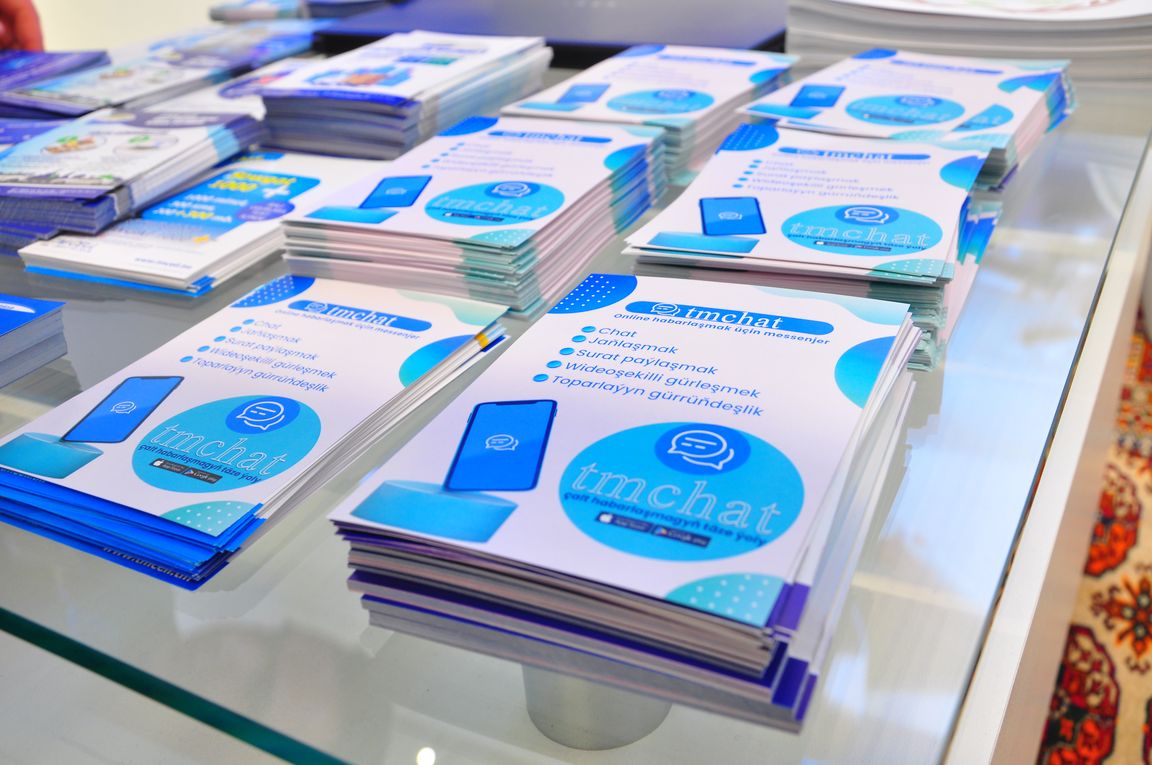When using the Internet, information security rules must be observed, if they are not followed, your computer, as well as personal information stored on it, may be compromised. To prevent this from happening, “Turkmenportal” has compiled a list of typical mistakes that users make on the Internet.
1. Acceptance of various agreements without reading and familiarization
By installing a new program on your computer without reading the user agreement, a virus or malware may be downloaded to your computer. Therefore, before installing a new program, it is recommended that you read the user agreement and install programs from trusted sources.
2. Using the same password for different accounts
If you use the same password for different accounts, and if the password of one of them is compromised, an attacker can gain access to all of your accounts. Passwords should be as diverse and complex as possible.

3. Going to unfamiliar addresses (URLs) on the Internet
Don't go to unknown URLs. As a result, a virus can infect your computer.
4. Opening several tabs in the browser at once
The more pages you open in your web browser while using the internet, the lower your computer's performance becomes, as the web browser requires higher performance from your computer. Don't open unnecessary pages.
5. Using unfamiliar “Wi-Fi” networks
When using public “Wi-Fi” networks, try not to enter your personal information, and it is recommended not to connect to unfamiliar “Wi-Fi” networks at all, as these networks can be used to attack and obtain your personal information.
6. Excessive trust in social networks

Requests to transfer money to an account, stocks on goods, fake sellers ... all of this can be seen on social media. Pay attention to who you are dealing with, first find out and clarify.
7. Lack of antivirus on the computer
Even if you are very careful on the Internet, there is always a risk of being “infected” with a virus. So don't forget to install antivirus software on your computer, or at least a simple program that checks for malware.
8. Shopping from unfamiliar sites
If you trade from unfamiliar websites, your credit card information may fall into the hands of strangers. Shop on famous and popular sites and make sure the site has a green padlock and “https” sign.

Also, do not store your bank card information in the memory of websites.
9. Save bank card details on websites

Some websites offer storage of bank card details. Do not save the data, as there is a possibility of it falling into the wrong hands.
10. Opening letters and attachments from unknown emails

Don't open emails and attachments from unfamiliar email addresses. If you receive letters like “You won a prize, you won the lottery”, first verify their authenticity. As a result, a virus can infect your computer and you can lose personal information. These types of computer attacks are also known as “phishing” attacks.
By following the tips above, you can protect your computer and personal information online to a certain extent.

